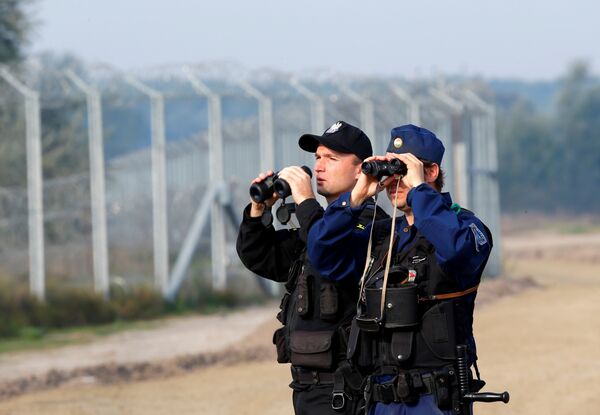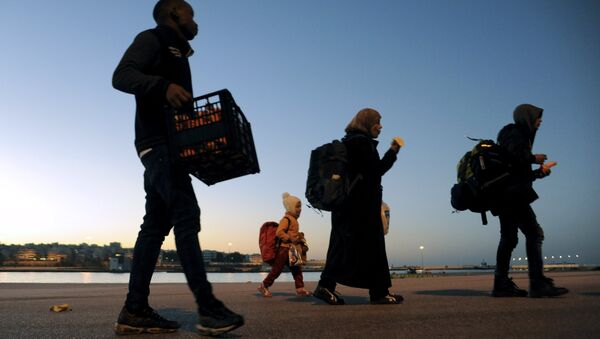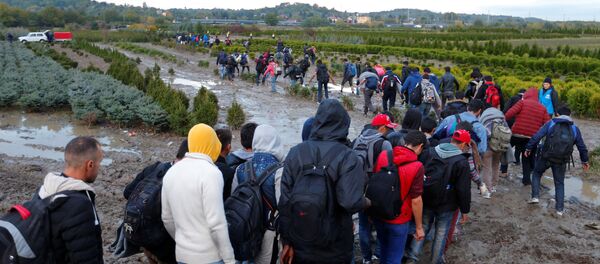However, according to the Commission, so far only 16,000 have been relocated under the first and just 4,618 Syrian refugees have so far been provided with safe and legal passage to Europe under the second.
Although the original target figure of 160,000 for Greek-Italian relocations was later reduced to 98,255, the fact that only 16,000 have been moved shows a considerable shortfall. Nine member states — Bulgaria, Cyprus, Greece, Croatia, Malta, Poland, Romania, Slovakia and Slovenia — have yet to start resettling within the ongoing EU-level schemes, according to the Commission.
.@EUHomeAffairs @TimmermansEU @Avramopoulos @VeraJourova @EU_Justice How do you define ‘children in migration'? Answers to this & more in our #EUforChildren Fact Sheet 🔎 https://t.co/3iqKJqX1PH | #MigrationEU pic.twitter.com/QW6FZYNpRn
— European Commission (@EU_Commission) 12 April 2017
"Now is the time for our member states to deliver on their commitments and to intensify their efforts. They have a political, moral and legal duty to do so. I call on those countries that have not yet joined this common effort to do so. Relocating all people eligible from Greece and Italy over the coming months is perfectly feasible," said Commissioner for Migration, Home Affairs and Citizenship, Dimitris Avramopoulos.
Relocating all people eligible from EL + IT in coming months is perfectly feasible. Time now for all Member States to sustain this progress pic.twitter.com/dyd4CtKXYb
— DimitrisAvramopoulos (@Avramopoulos) 12 April 2017
'Limited Basis'
The Commission says that, with around 14,000 relocation candidates remaining in Greece and around 3,500 registered for relocation so far in Italy, the total number of people eligible for relocation who are present in the two countries is "well below what was foreseen in the Council Decisions."
Given these figures, the Commission says, if the European Council-endorsed targets of at least 3,000 monthly relocations from Greece and the target set by the Commission of at least 1,500 monthly relocations from Italy are met, relocating all eligible applicants currently present in Greece and Italy by September 2017 is perfectly achievable.

However, the Commission says that whereas some member states —Luxembourg and Portugal — are steadily progressing on their obligations for Greece and Italy, others — Bulgaria, Croatia and Slovakia — are relocating on a very limited basis.
Whilst Austria has announced it will start relocating soon, others — Hungary and Poland — are still refusing to participate in the relocation scheme at all. So far, only two member states —Malta and Finland — are on track to meet their obligations for both Italy and Greece in time.



